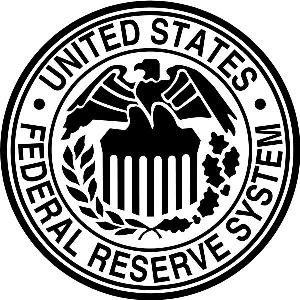 The Durbin Interchange rules went into effect in October 2011, after a heated battle and much lobbying on both sides. One of the arguments against the Durbin amendment was that it would hurt smaller banks (even though most banks with assets less than $10 Billion are “exempt”). A report released yesterday by the Federal Reserve may indicate the opposite – that exempt banks are benefitting from the Durbin amendment, thanks to two tier interchange.
The Durbin Interchange rules went into effect in October 2011, after a heated battle and much lobbying on both sides. One of the arguments against the Durbin amendment was that it would hurt smaller banks (even though most banks with assets less than $10 Billion are “exempt”). A report released yesterday by the Federal Reserve may indicate the opposite – that exempt banks are benefitting from the Durbin amendment, thanks to two tier interchange.
On May 1, the Federal Reserve published the results of an initial survey comparing the debit interchange fees charged by each payment association and card network charges. The research is summarized by the Federal Reserve, and an excel spreadsheet is provided with the summary details.
A copy of the research summary is shown below. The research data includes a summary of interchange fees from 2009 (for all issuers, including big banks and exempt banks), data for the period before implementation of Durbin (January 1- September 30, 2011, for both large and exempt banks), and data for the period right after implementation of Durbin (October 1 – December 31, 2011).
The shift in interchange has been dramatic post-Durbin. First, all of the large issuers immediately were required to drop interchange to the Durbin-imposed limits (essentially, 21 cents plus 0.05% of the value of the transaction, and a 1 cent fraud adjustment). In 2009, the average interchange fee was 43 cents. For large issuers, post-Durbin, the average dropped to 24 cents (with Discover branded cards significantly lower than that).
Exempt banks (smaller banks with assets of less than $10 Billion, and certain prepaid debit card issuers) saw a slight drop in the average interchange fee charged for signature debit transactions – going from the aggregate average in 2009 of 55 cents to an average of 51 cents in the period immediately after Durbin went into effect.
Exempt banks saw an increase in interchange for PIN debit transactions. In 2009, the aggregate average interchange for PIN debit transactions was 23 cents. In the period immediately after Durbin went into effect, small banks charged an average of 31 cents per transaction.
As the folks at CreditSlips write, The small banks are getting a leg up on the big guys in the two-tier system
Is this good news for prepaid card issuers? More fee revenue (or less of a hit) may mean more product innovation and options… or just greater profit for these issuers.
Debit Card Interchange – Average Interchange by Network Pre and Post Durbin
Comments are closed